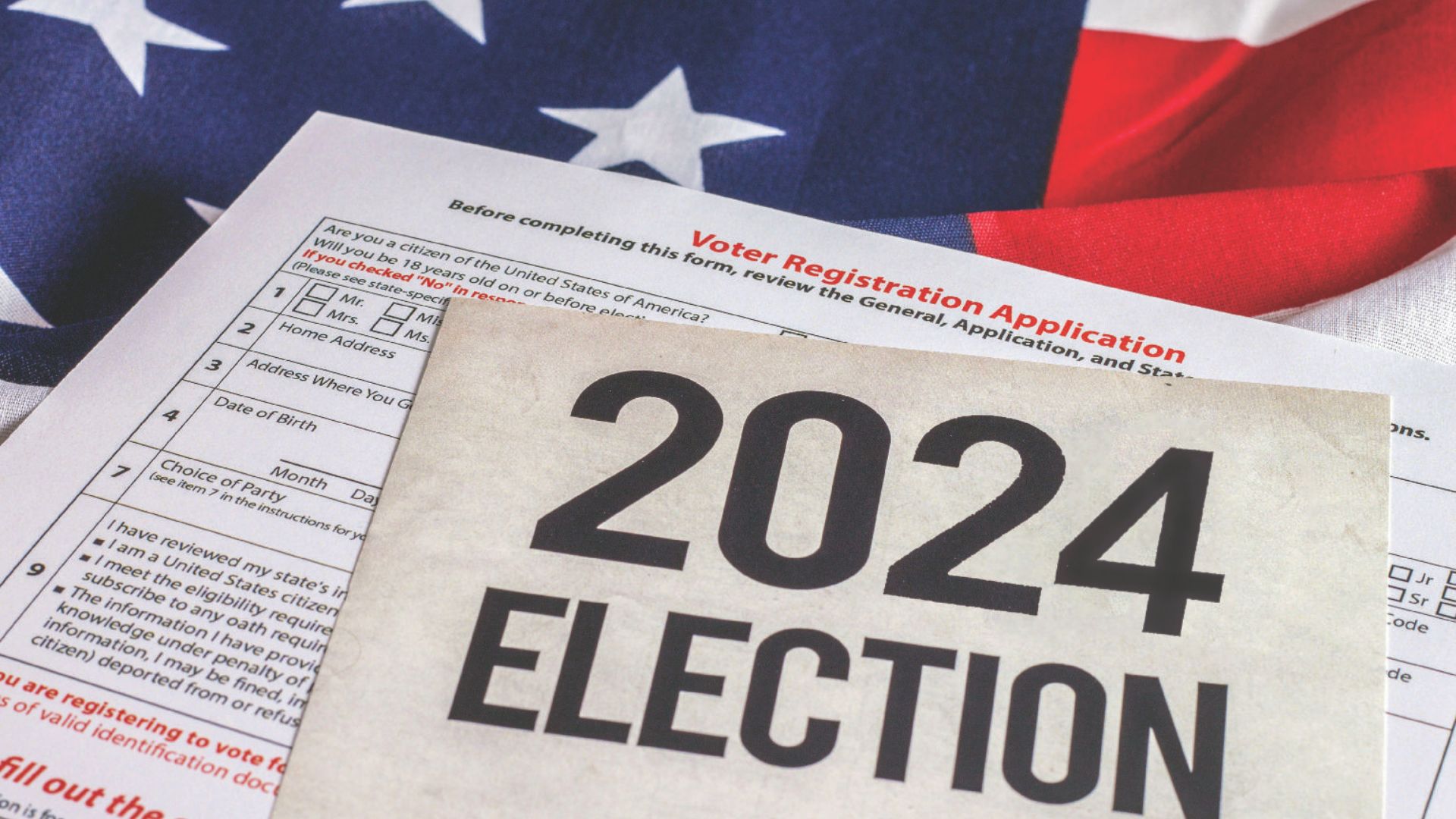Property taxes on the 2024 ballot

JACKSON — Wyoming voters will soon decide if they want to give the Legislature one more tool to address rising property taxes.
A constitutional amendment first passed as a joint resolution by lawmakers is on the Nov. 5 ballot. It would create a fourth class of property that would give the Legislature the power to create a subclass for owner-occupied primary residences when property tax assessments are done.
Although the amendment wouldn’t lower property taxes right off the bat, it would give legislators the option in the future.
State Rep. Liz Storer, a Democrat who helped get the resolution off the ground in 2023, said it would also protect a number of recently passed property tax relief bills from constitutional challenges. That’s because those bills — which include an increase of the veterans property tax exemption, an exemption for long-term homeowners and a 4% cap on year-to-year property tax increases — “create inconsistent valuations that do not reflect fair market value and create exemptions beyond those allowed in the Constitution,” Storer said.
When the resolution was passed last year, Teton County Assessor Melissa Shinkle said it appeared to be the only hope to keep people in their homes who were suffering from high property tax bills. She runs the county office that conducts assessments and often hears from residents who are unable to keep up. But she noted that it will not help second-home owners or renters.
“Since then, legislators have come up with these various ways of getting around a constitutional amendment,” Shinkle said. “And I think a lot of people won’t find it as urgent as maybe it was in the beginning, which is sort of unfortunate.”
There have been campaigns statewide to get the constitutional amendment across the finish line. A majority of voters must vote in favor, and any blank boxes on the ballot for the amendment count as a “no” vote.
But it faces scrutiny even from lawmakers who voted in favor of the resolution in 2023. Some warn that the Legislature could eventually use the newfound power to raise property taxes.
Shinkle acknowledged this possibility.
“Right now, all we’re doing is talking about property tax reduction and how this would help that,” she said. “But it would also give them that ability to raise it if they need to.”
Storer pointed out that the Legislature could just as easily raise taxes now.
Shinkle said that while property tax relief remains a high priority, the state’s revenue reliance on the energy industry is changing. The more that property taxes are chipped away, the less funding Wyoming has for schools, local governments and special districts.
“Eventually, if these things keep continuing, there will be a time where they’re going to need money,” she said of the Legislature, which is responsible for appropriating billions of tax dollars every year. “Unless another tax replaces it, which nobody wants.”
The impact of the most recent property tax relief bills has yet to be felt.
Shinkle said the expansion of the property tax refund program, the 4% increase cap and the long-term homeowner exemption of 50% all require funding. Hundreds have applied for the refund program and the exemption in Teton County. She said there’s no backfill for the dollars lost by local governments and schools.
Rep. Mike Yin, D-Jackson, said the constitutional amendment would allow a balance between tax relief and keeping essential services.
He wrote in an op-ed for WyoFile.com that it would allow the Legislature to treat residential property differently from commercial property, and “even more importantly, it lets us separate owner-occupied homes from second homes.”
“Wyoming requires that commercial and residential properties be taxed at the same rate,” Yin said. “So if we lower taxes for homeowners, we have to lower them for big businesses too — like Walmart, the data centers in Cheyenne and the wind farms across the state. For some of these businesses, property tax is the only major tax they pay. That is part of why Wyoming is already ranked the No. 1 state for business taxes by the Tax Foundation almost every year.”
He said the tax break would be focused on people who live and work in Wyoming.
This story was published on November 1, 2024.






